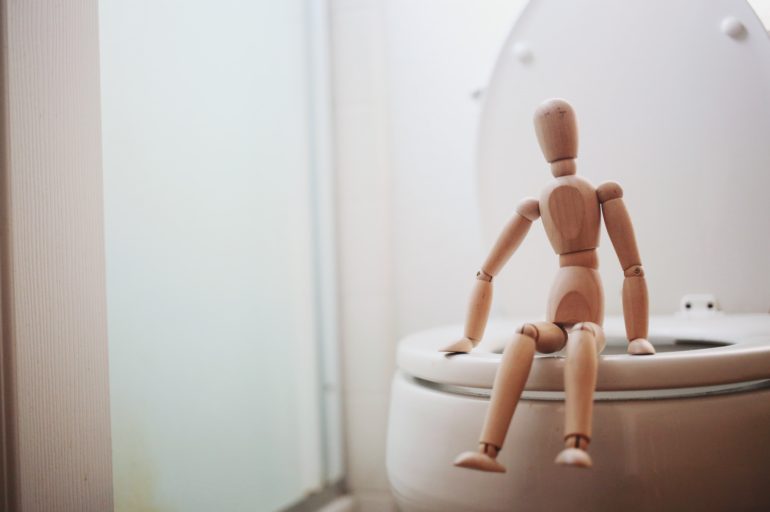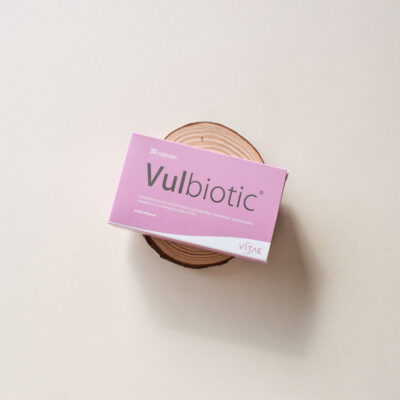Sometimes we forget to take care of our urinary health, but when something goes wrong, it can be very annoying. A typical urinary issue is cystitis, a urinary tract infection and inflammation of the bladder. It is the result of a bladder infection and is more common in women than in men. As a general rule, it disappears after a few days, but, in the most complex or recurrent cases, the patient may require a more long-term treatment.
Symptoms of cystitis?
The most common symptoms are:
- Constant urge to pee
- Burning sensation when urinating
- Frequent urination in small amounts
- Blood in the urine
- Cloudy and strong-smelling urine
- Pelvic discomfort
- Sensation of pressure in the lower abdomen
- Low fever
Risk factors for cystitis
Some people are more likely than others to have recurrent bladder or urinary tract infections. Women are one of those groups. One key reason is women’s particular anatomy. Women have a shorter urethra, which decreases the distance bacteria must travel to reach the bladder.
Women who are at increased risk of urinary tract infection:
- Sexually active: as a result of intercourse, bacteria can be pushed up the urethra.
- Use of birth control: women who use diaphragms are at increased risk for a urinary tract infection. Diaphragms that contain spermicidal agents can increase the risk.
- Pregnant women: hormonal changes during pregnancy can increase the risk of a bladder infection.
- Menopausal women: altered hormone levels in postmenopausal women are often associated with urinary tract infections.
There are other risk factors in both men and women:
- Interference with urine flow: this can occur in conditions such as bladder stones or, in men, with an enlarged prostate.
- Changes in the immune system: this can occur in some diseases such as diabetes, HIV infection or cancer treatment. A weakened immune system increases the risk of bacterial infections and, in some cases, viral infections of the bladder.
- Long-term use of a catheter in the bladder: these tubes may be needed in people with chronic diseases or older people. Long-term use can lead to increased vulnerability to bacterial infections and bladder tissue damage.
What happens when we become resistant to antibiotics?
The problem comes when cystitis becomes recurrent and our body creates resistance to antibiotics. The biofilm is a film that the bacteria around it create, forming a kind of ” mushroom ”. They adhere to the surface of the bladder to ensure bacterial survival so they can resist and protect against the individual’s immune response without being completely eliminated with antibiotic treatments. Long story short, this situation is the main cause of antibiotic treatments not working.
Natural treatments
We want to introduce you to UrinVita, a natural food supplement, based on pomegranate, grape, cranberry and rosemary extract. Thanks to its content in proanthocyanidins and procyanidins, it contributes to the well-being of the urinary system.
- Pomegranate extract has antibacterial, antibiotic and antioxidant properties. In addition, it helps fight the formation of biofilms.
- Grape extract has antioxidant, anti-inflammatory and antimicrobial effect. It is a disruptor and inhibitor of biofilms and induces changes on the bacterial surface.
- Cranberry extract has antimicrobial effect, bactericidal and reducing biofilm. In addition, it has a preventive action against recurrent urinary infections.
- Rosemary extract contains rosmarinic acid and has antiinflammatory, antibacterial, antimicrobial and antioxidant action.
The combination of all these ingredients creates a synergistic effect that helps keep the urinary tract in perfect condition and, in addition, the combination of all of them create a powerful antioxidant cocktail.





